Good morning from the rainy, dark and gloomy east coast and hello to lovely Jo Bloom, my guest today on the blog. Jo’s debut novel RIDLEY ROAD is a brilliantly written, compelling and moving story of fascism on the streets of London in the 1960s. This is a period I confess I didn’t know much about, and as well as being completely taken up by the story of Vivien and Jack (a lovely romance and I now have a crush on Jack), I learnt so much about the climate at the time and the scary things that were going on. It also has a lot to say about our times today. All in all, thought provoking and beautifully written.
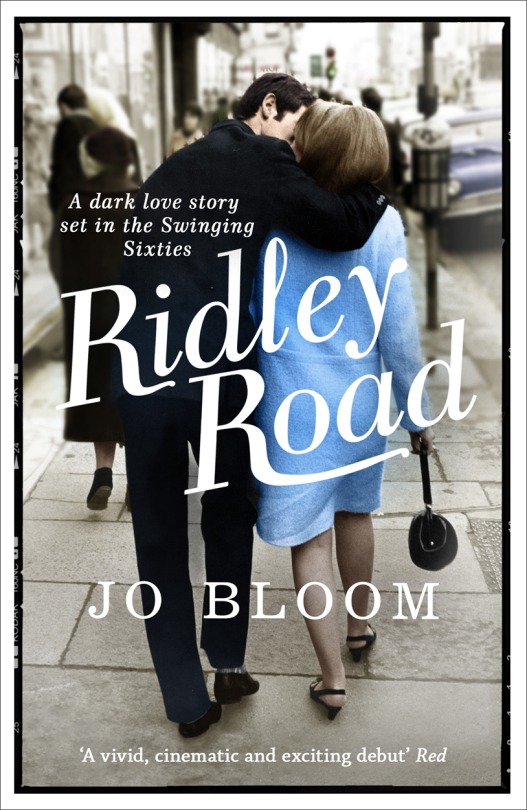
[1] You paint the 60s setting so well – the
texture of everyday life, the details of clothes, hair, food, music, furniture
etc. Where and how did you find these details and how did you decide where to
include them in the narrative?
I read books and essays about the
period but I found the most telling details by rooting through lots of photos,
watching films, looking at newspaper clippings and interviewing people. I spoke
to as many people as I could who’d lived through that period – hairdressers,
journalists, anti-fascists – because they always remembered something
interesting or fun that I couldn’t find in books.
I don’t really know how I decided
where to include details in the narrative. I suppose it comes down to instinct about
which scenes need colour and texture. If a lot is already happening, I often
think it’s best not to distract with too much description. But there are
certain scenes, like Vivien’s first sighting of Soho, where it is key for the
reader to be pulled into the setting.
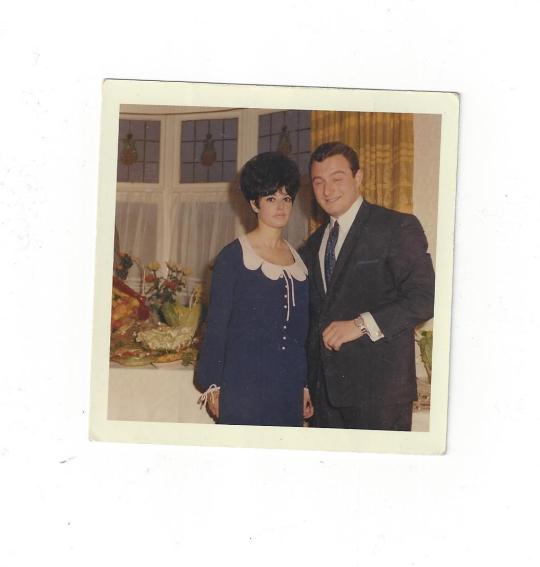
Jo’s parents at their engagement party, 1964. They loved going out in Soho and could often be found in music clubs such as the Marquee and Whisky a Go Go.
[2] What sparked your interest in this
part of Jewish history and do you have a personal connection to it?
I met a wonderful man, Monty
Goldman, at the funeral of my mum’s best friend. Monty fought alongside the 43
Group and the 62 Group, and even now, in his seventies, he is still an active
anti-fascist. It was the first time I’d ever heard of these Jewish
organisations and I instinctively knew I wanted to write about one of them. My
personal connection to this subject is quite tenuous; the son of my mum’s best
friend (whose funeral I just mentioned) was a massive help to me. He’s a researcher/journalist
and had worked with Searchlight, the anti-fascist organisation for years. He knew
many of the 62 Group members and how things worked, so he was a brilliant
authenticity checker. I suspect I drove him mad during the writing process with
my questions but he was always incredibly helpful.
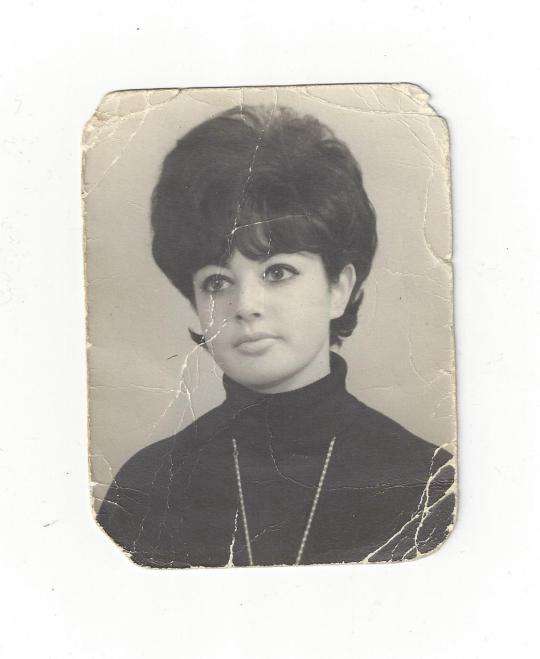
Jo’s mum, 1960. Like Vivien, she was a hairdresser. She started out aged 15 as an apprentice at a salon on Kensington High Street.
[3] Did you walk those streets in London
where these events happened? What thoughts and feelings did this create for you
and how were these made manifest in the novel?
I grew up in North London, but I did
go back and visit all the areas where the events in the book took place. The
most memorable visit was walking around Hackney and Ridley Road with my mum and
dad. My dad grew up around there, so it sparked off a lot of very moving
recollections.
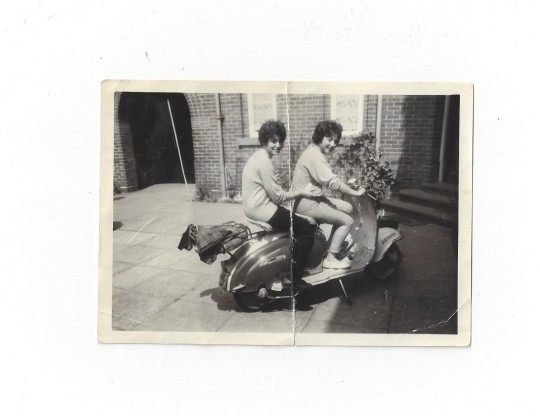
Jo’s mum and her friend Gloria, 1960, also a hairdresser. They were special friends for many years and it was at Gloria’s funeral that Jo met Monty and heard about the 62 Group.
[4] The narrative contains mysteries,
twists and turns that wrong-foot the reader so well. How did you plan these out
or did they come naturally as you wrote?
I knew what the main twists were
before I sat down to write but as soon as I’d finished a draft, I realised how
much was wrong! It took numerous drafts to get the bits in the right place. I’d
never written anything as plotted as this so it was a challenge for me.
[5] I loved three scenes in particular:
the chapter where Jack goes running; Jack’s letter to Henry; and his meeting
with Stefan Krakowski. I felt they were masterful in their emotional resonance
and characterisation. Did you plan these parts or did they just come out as you
inhabited this character?
Thank you, that’s a massive
compliment and a fascinating question because these were three of the easiest
scenes to write! I barely edited two of them. But they weren’t in early drafts
– they definitely came out of living with the characters for a while.
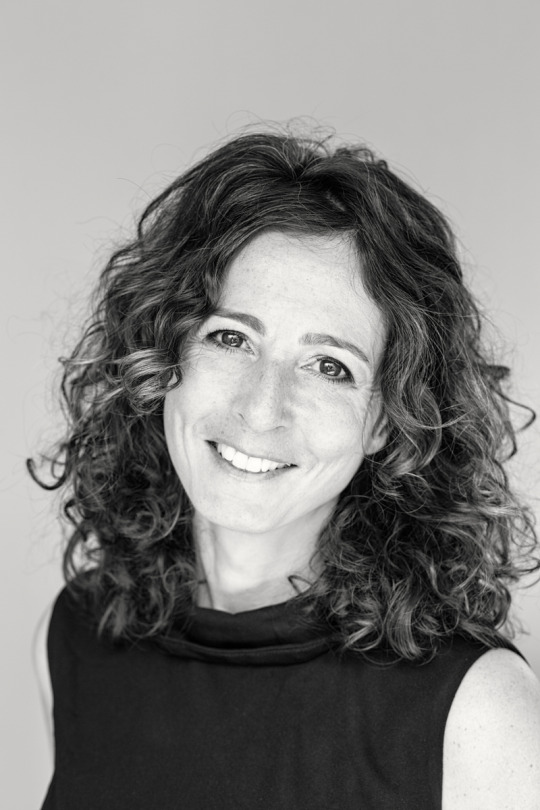
Thanks to lovely Jo for an insight into her excellent book and how her family connections inspired some aspects of the story. And thanks too for the super photos and, in particular, the fabulous 60s hairdos.
You can find Jo online here: